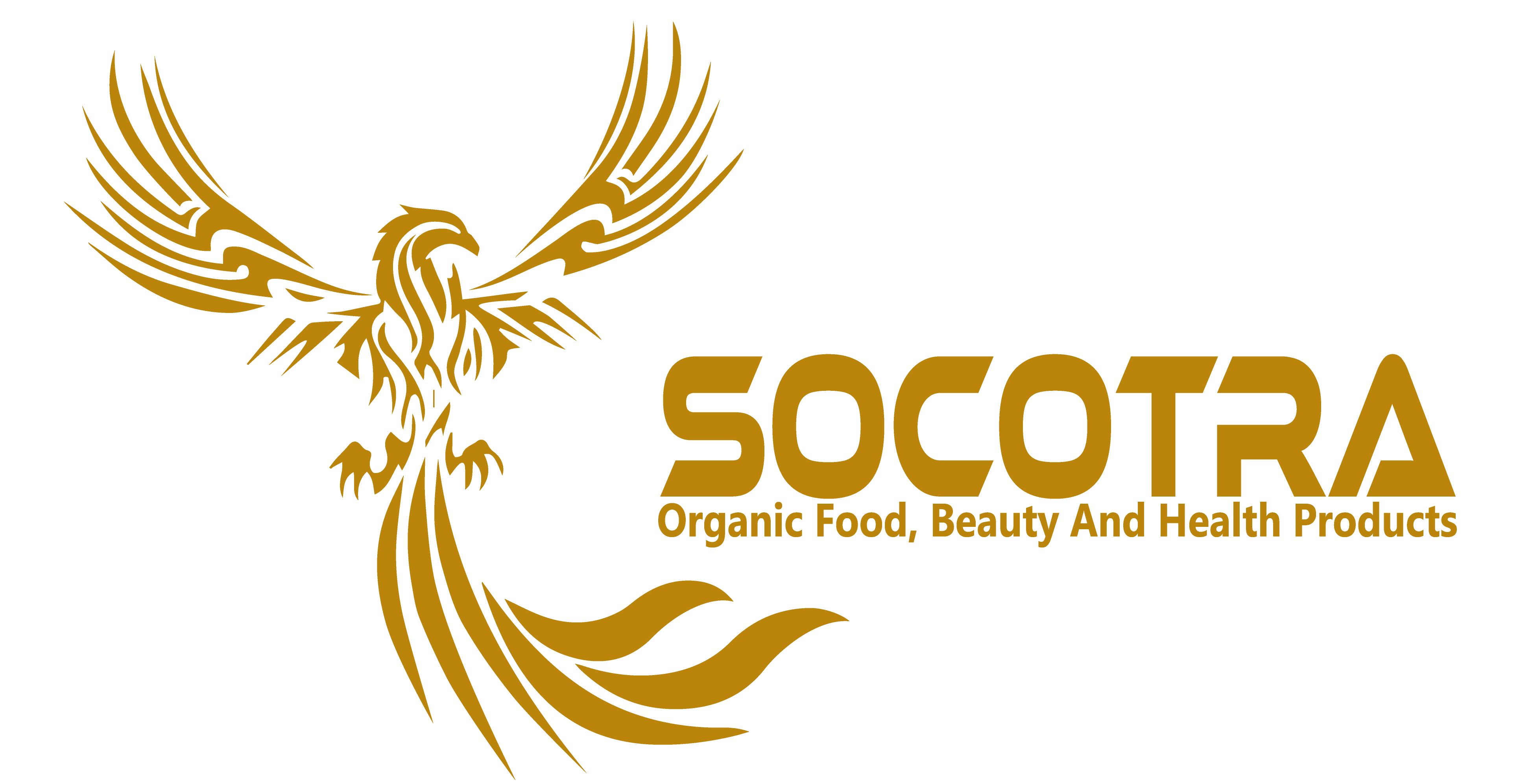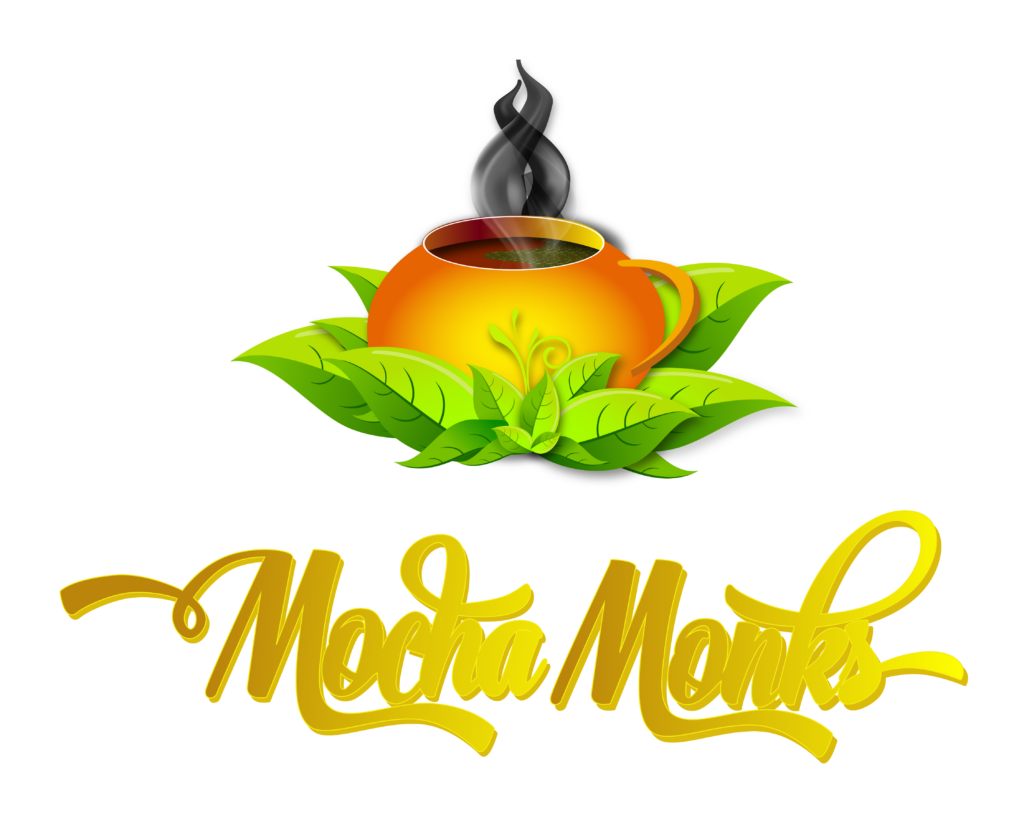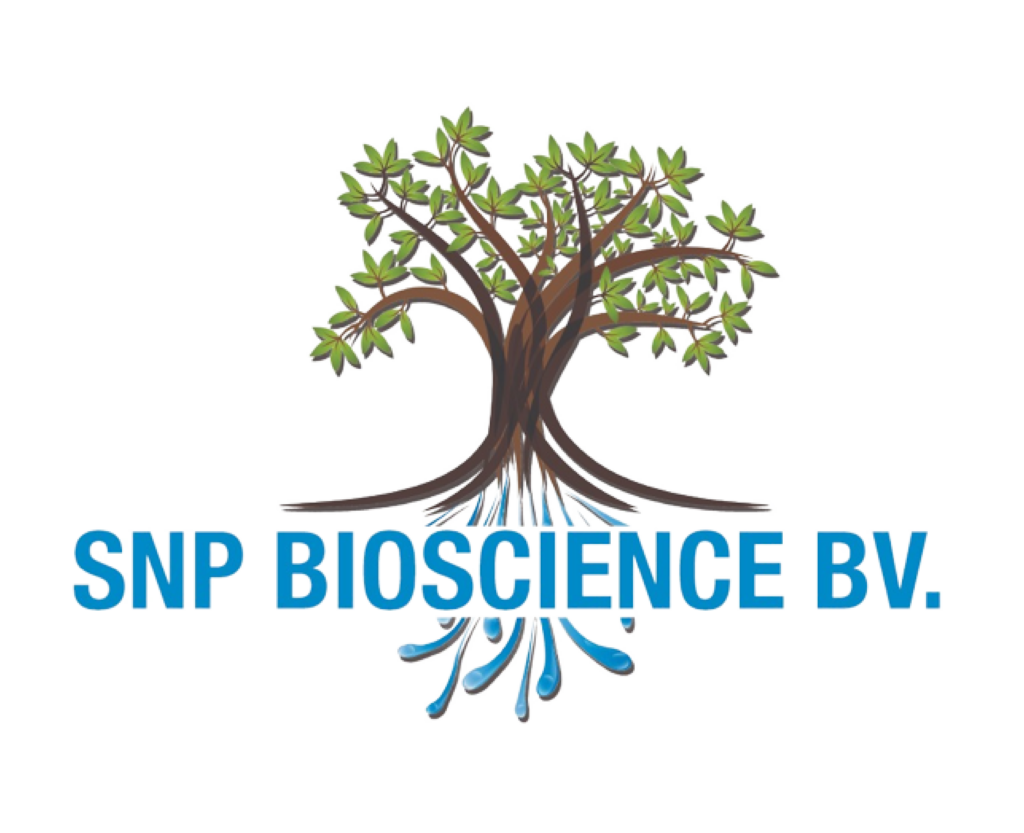OUR SOQOTRI PEOPLE OF THE SOCOTRA ISLAND
The Soqotri people, sometimes referred to as Socotran, are a Semitic ethnic
group native to the Gulf of Aden Island of Socotra. They speak the Soqotri
language, a Semitic language in the Afroasiatic family. The people of Socotra have
been the guardians of their islands for generations, and it is due to their efforts and
custodial care that they are as we see them today. Their complex traditional rules
governing the management of livestock and pasture, access to water and dry
season fodders, and the exploitation of the flora and fauna in general have been
instrumental in maintaining the biodiversity of the islands. That the Socotra
Archipelago has been declared one of the world’s most important island groups,
with a flora and fauna of global significance, demonstrates the success of their
stewardship.
Fun and games on the edge of the Arabian Sea
The total population of the Socotra Archipelago is estimated from 50,000-80, 000, with the vast
majority on Socotra Island where the two main towns Hadibo the capital and Qalansyia are
located. The livelihood of the majority of the people on the island is dependent on livestock. The
coastal populations rely more on fishing and date cultivates, or are involved in trade in the two
main towns for their livelihood, while the people of the rural interior are almost all pastoralists.
Soqotri Traditional-land-livestock-fish
Since people of the coast seasonally graze their livestock in the interior, while the rural people of
the interior come down to the coast seasonally to fish and have family members permanently
settled on the coast, the population of the island must be treated as a single entity. The fact that
goats are still being worshipped indicates an ancient culture by which people and goats have
always lived and depended on each other in harmony with nature. For instance, seasonal
transhumance and rotational grazing permit the periodic resting of the rangelands. Such
traditional methods of land and livestock management is still playing a major role in the
conservation of the island’s vegetation.
Protection of riverbanks and erosion control devices for cultivation. Socotris have traditionally
used many natural products found in their environment, including medicines from plants, and
continue to use them today. Traditional management systems have impeded over-exploitation
of the natural resources on which the people directly depend. Tribal governance systems remain
strong.





